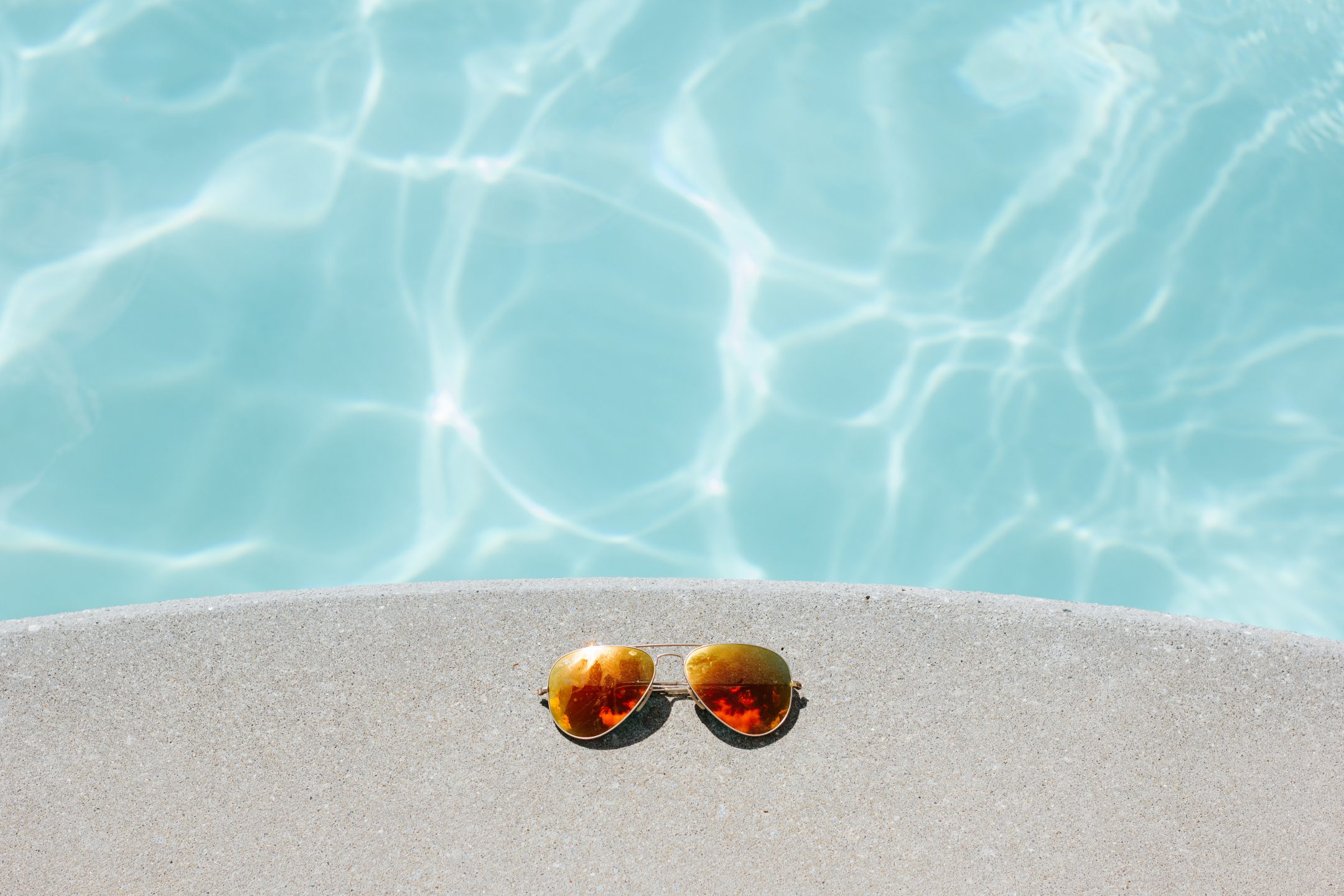The temperatures are beginning to rise and summer is getting closer. It’s that time of the year again when we can all get outside to enjoy barbeques, outdoor fun and relaxing by the backyard swimming pool.
With the excitement of splashing around in a backyard swimming pool also comes the responsibility of keeping those that use the pool safe. As a property owner or occupier you can be held legally responsible for any injuries or deaths that take place in or around your swimming pool.
The Alberta Occupiers’ Liability Act requires that property owners and occupiers take all reasonable steps to ensure that activities engaged in on their premises are safe.
WHAT IS AN OCCUPIER?
In Alberta, the Occupiers’ Liability Act (“OLA”) establishes the law governing the legal responsibility than an occupier has towards those that are invited on their premises.
Under the OLA, an occupier is an individual who has control over the property that guests are invited to. This can include homeowners, managers, tenants and those who rent venues for events. It is also possible for there to be more than one legal occupier at one time.
DUTY OF CARE TO VISITORS
As an occupier, it is your responsibility and duty to keep guests reasonably safe while they are on your property. This includes keeping the premises safe and free of dangers. This duty of care is set out in the OLA, which states that occupiers must take care to ensure that visitors to their property will be “reasonably safe in using the premises for the purposes for which the visitor is invited or permitted by the occupier to be there”.
TYPES OF SWIMMING POOL HAZARDS
It is not uncommon for injuries around the swimming pool to occur. The most common injuries include slip and falls, accidents arising out of poorly maintained properties or poorly maintained decks or railings, and accidents resulting from excessive alcohol or marijuana consumption.
Most childhood drownings occur in swimming pools. Unfortunately, it takes very little time for a young child to drown. The vast majority of childhood drownings occur when a child was left alone.
It is the duty of the property owner or occupier to monitor their guests’ activities and ensure they are following the necessary swimming pool rules. A failure to take reasonable care to keep people safe, particularly in the case of young children who are particularly vulnerable and at risk, may result in a civil lawsuit.
SAFETY TIPS FOR RESIDENTIAL SWIMMING POOLS
Cuming & Gillespie LLP suggest that the following precautions be taken to ensure safety when using or inviting guests to use a backyard swimming pool.
- All pool owners should be certified in CPR (cardiopulmonary resuscitation).
- Ensure appropriate pool safety equipment is available at all times: This includes personal flotation devices for young children or weak swimmers, a shepherd’s hook, throw ropes with ring buoys, safety signage (reminding guests not to run, jump or dive where appropriate), non-penetrating pool cover and a first aid kid.
- Keep all areas free of obstacles: Ensure that hazardous items such as pool toys, shoes and towels are removed from the pool deck to avoid trip and falls.
- Always provide supervision: Children should never be left unattended around a swimming pool. Adults must be present at all times.
- Practice safe habits: It is always best to be prepared for an emergency. Cleaning up after using pool toys, covering the pool when it is not in use, knowing how to call 911 in an emergency and knowing how to use lifesaving equipment are a few examples of how to practice safe habits around an outdoor swimming pool.
- Ensure regular inspections: It is important to regularly inspect the items used in and around a pool, including the diving board, slide and flotation equipment. Do not allow glass around the pool: Glass can fall into the pool or on the pool deck and cause a very dangerous situation.
- Illumination: To ensure safety at night, the swimming pool, swimming pool deck and patio should be appropriately illuminated to promote the safety of all guests using the swimming pool.
- Teach your children how to swim and teach them pool safety rules: Prevention is the best way to keep children safe around swimming pools.
- Fencing should be a minimum of 1 metre high and surround the pool on all four sides.
- Supervise all pool activities, especially when serving alcohol.
If you or a loved one have been in an accident and suffered serious injuries at a backyard swimming pool owned by someone else, please contact the experienced personal injury lawyers at Cuming & Gillespie LLP. Our experienced legal team can investigate your claim to try to determine whether the property owner failed to meet his/her legal duty to keep the pool and surrounding area safe. Our firm offers a free initial consultation to discuss your case and your legal options.
Please contact Cuming & Gillespie LLP online or at 403-571-0555. We will review your case to determine the best approach to take and how we can help you recover compensation for your injuries.

